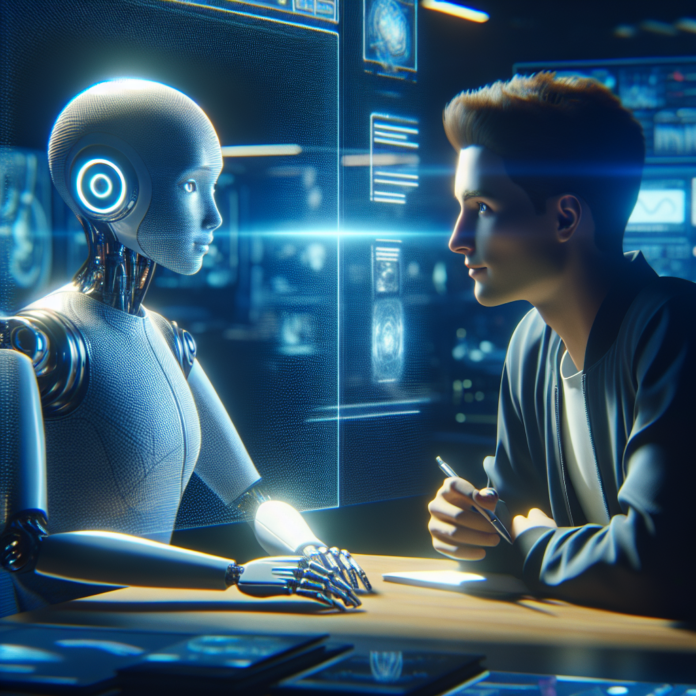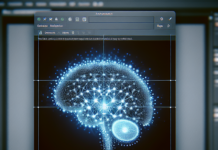AI Companions: The Dawn of Digital Friendship
In recent years, the advent of artificial intelligence has revolutionized numerous facets of our lives, from healthcare to entertainment. Yet, one of the most intriguing developments is in the realm of AI companions—digital entities designed to simulate friendship and personal interaction. As these AI companions become increasingly sophisticated, we are potentially entering a new era of digital friendship. This evolution in technology raises questions about the nature of companionship, the role of AI in our personal lives, and the implications for human relationships. As more people turn to AI for companionship, this transformation of social interaction calls for a deeper understanding and meaningful dialogue.
The Technological Backbone of AI Companions
To understand the emerging trend of AI companionship, we must first examine the technology that makes it possible. AI companions are built on complex algorithms that facilitate learning, understanding, and interaction with users. Using natural language processing and machine learning, these companions can adapt to user preferences and behavior over time, creating more personalized experiences. The constant evolution of these algorithms allows AI companions to mimic human-like conversations and emotional responses, making them increasingly relatable and interactive.
Psychological Appeal and Societal Implications
AI companions offer a unique value proposition in terms of accessibility and availability. They are designed to be ever-present, providing users with a sense of companionship without the complexities of human relationships. This can be especially appealing to those who struggle with traditional social interactions, whether due to anxiety, isolation, or disability. However, the rise of digital friendships also poses questions about the impact on human interactions and mental health. How will these AI entities affect our capacity to form deep, meaningful connections with real people?
Impact on Human Relationships
The introduction of AI companions into our social fabric could fundamentally alter how we perceive relationships. While some see AI friends as a complementary resource to human companionship, others worry about a potential decline in genuine human interaction. There’s a growing concern that people might become increasingly dependent on digital friends, potentially withdrawing from real-world relationships. Balancing these dynamics presents a significant challenge that society must address thoughtfully.
Ethical and Futuristic Considerations
As AI companions become more ingrained in our lives, ethical considerations must guide their development and integration. Transparency, privacy, and consent are crucial factors in the design and deployment of these digital entities. Additionally, we must consider the long-term consequences of evolving AI technologies, researching how they could reshape industries, economies, and social norms. Looking forward, the question remains: will AI companions enhance human connection or create a more isolating future?
Conclusion: Embracing or Resisting Digital Friendship?
The rise of AI companions signifies a pivotal point in the evolution of human interaction. Their sophisticated algorithms offer unprecedented opportunities for connection, yet they simultaneously pose profound ethical and societal challenges. As we navigate this transformative era, careful consideration and collective dialogue are essential. Embracing digital friendship could lead to enriched lives and connections, but it must be balanced against potential drawbacks and impacts on human relationships. Ultimately, the evolving landscape of AI companionship will challenge us to redefine what friendship means in a primarily digital world.





























